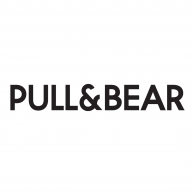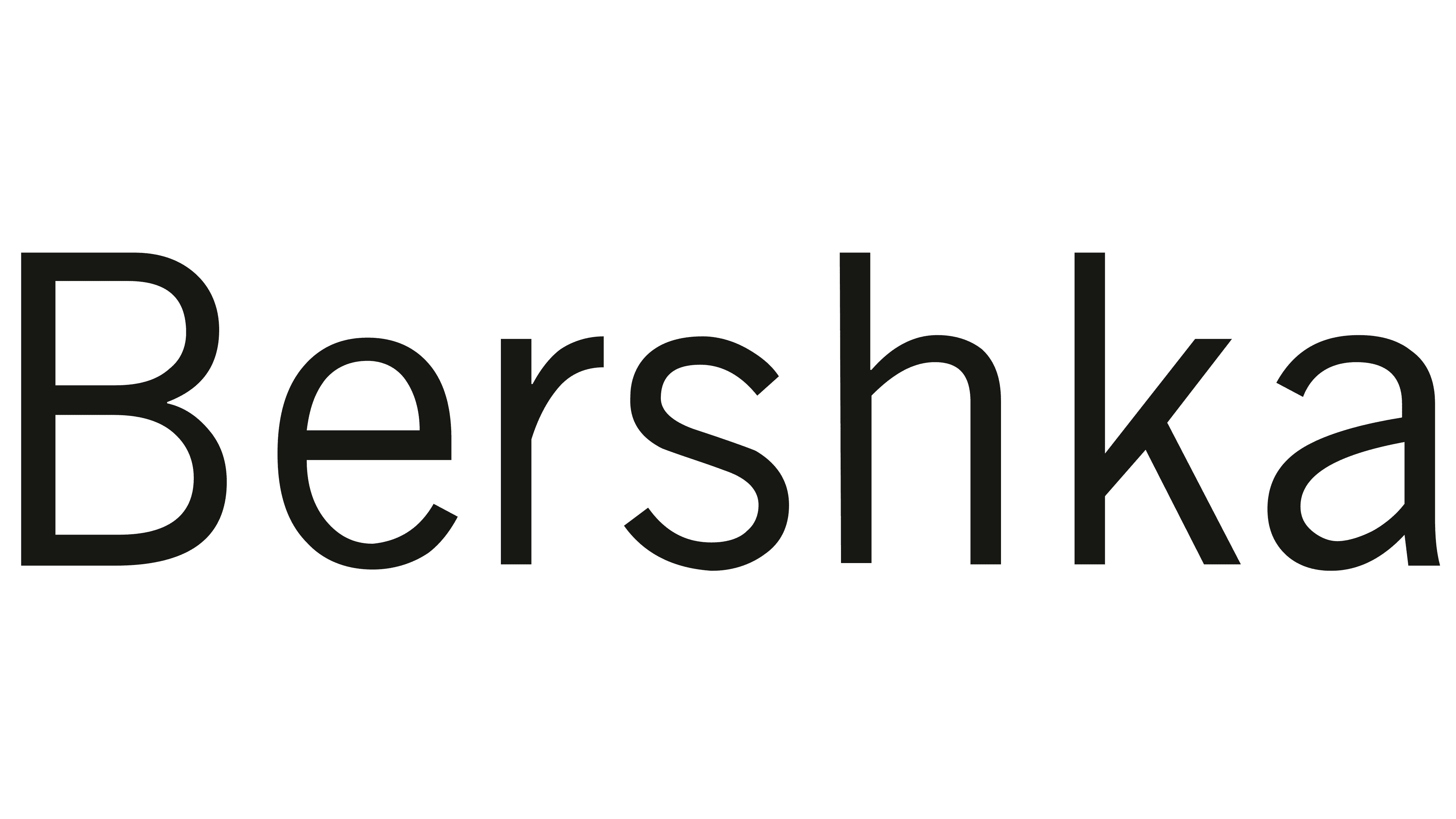Brands' explanations - negotiating brands
<strong>Clean Clothes Campaign recognises that negotiation committee brands are more involved and invested in the Accord than many brands from the silent majority or brands that never even signed the Accord at all. We appreciate that investment and hope they will come to a strong agreement that safeguards workers’ right to safety, in Bangladesh and beyond. For now we note and applaud the expressed intentions of these companies and provide the information below and hope these are words also uttered at the negotiating table, while keeping them on the negative side of the tracker. We can only move any brand that is directly at the negotiating table on the tracker once a signed agreement in line with these intentions is on the table.</strong>
Clean Clothes Campaign would like to acknowledge that Next has informed us that the company commits to:
- multi stakeholder membership of the RSC, that will provide the correct level of support in resource and finance to continue the vital improvements OHS standards in the Bangladesh RMG Industry;
- a binding requirement for (all) Brands and Suppliers to meet the current Accord standards & this will be independently enforceable (with independent oversight) for remediation within the timescales that have been stipulated by the RSC Board, inspection & management, and that non remediation of non-compliance can be legally enforced;
- a global extension of the Accord programme will be examined, then considered and can be potentially developed into an as yet to be defined global programme.
Next also has told CCC that it is aiming for:
- An agreement that will be inclusive and be acceptable to as many brands sourcing in Bangladesh as possible. This is vital to avoid the potential of "freeriders" sourcing in Bangladeshi factories that are within the RSC, without any obligation or commitment to the RSC upkeep or compliance / remediation process;
- a defined and reasonable cost for the new agreement (as would be the case with any contract). NEXT would not accept a legally binding agreement without the specific costs being included.
Next also stressed that it is very aware of its responsibility, as an early signatory of the first Accord, and that it recognises the need for a new agreement. For this reason Next assists the Brand Negotiating Team.
Clean Clothes Campaign believes that acceptability of the agreement can never go at the detriment of the programme's strength, transparency, or enforceability.
Inditex, owner of Zara, Pull and Bear, Bershka and a range of other brands has informed Clean Clothes Campaign: “We want to be clear that we strongly support establishing a new agreement with clear accountability on all parties, which is enforceable for individual brands, and has independent oversight.” The company has said nothing about expansion to other countries, which eight years since the start of the programme can not longer wait.
The company has at a later date told campaign organisation Remake: “the expansion of fire and building safety programs to other countries is currently on the negotiating table. We must be cognizant of the need to ensure a strong, sustainable continuation of the work of the Accord in Bangladesh through the RSC. We also agree that we should explore the expansion of fire and building safety programs to other countries by defining a roadmap with the unions to address this matter as part of the Successor Agreement.”
Inditex is in a strong position to make a difference and to ensure that an agreement that is individually enforceable upon all brands participating in the safety programme, ensure independent oversight that is as strong as that of the current Accord, and lays down a concrete and binding pathway towards expansion. We hope these are more than just words and that Inditex will ensure the negotiation table moves from “exploring” to firmly including factory safety for workers beyond Bangladesh in the new agreement.



